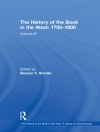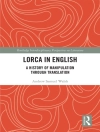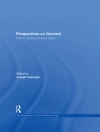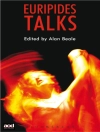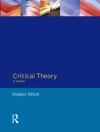Though not without its rivals, Latin stood at the apex of Western culture from the Renaissance until relatively recently. Fran�oise Waquet offers an enthralling, original history of the language’s uses, its detractors and defenders, and the social hierarchies its practitioners inscribed.
Granted a new lease of life by the Humanists and the Catholic Church, Latin was the form in which generations of schoolchildren were taught to read, millions of people worshipped, and an international community of scholars communicated with one another. It conveyed sacredness, but also obscenity; learning, as well as pedantry; science, but also trickery and mumbo-jumbo. Few individuals even among the clergy or the most learned scholars have ever managed to speak it with any degree of correctness or fluency, let alone elegance.
Why, despite rationalist criticisms that Latin was inaccessible to the great majority of people, and inconvenient and time-consuming for the rest, did it maintain such a strong presence – some would say a tyranny – for so long?
เกี่ยวกับผู้แต่ง
Donald Sassoon is Emeritus Professor of Comparative European History at Queen Mary, University of London, and the acclaimed author of The Anxious Triumph, The Culture of the Europeans, One Hundred Years of Socialism and Mona Lisa, all widely translated.


